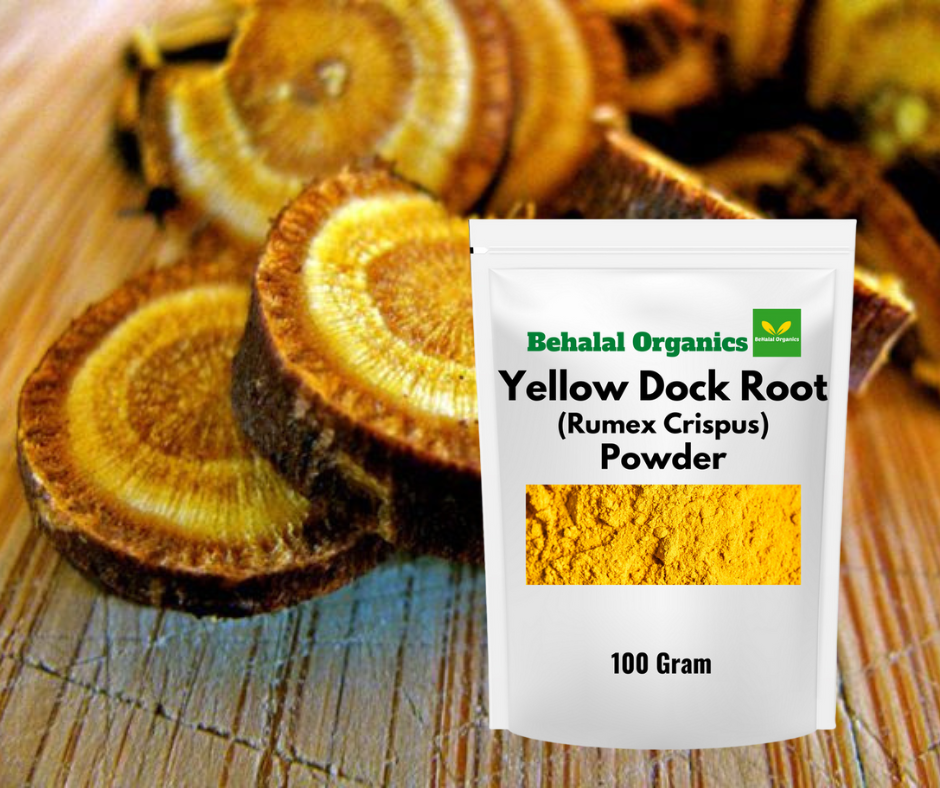The Science Behind Spirulina’s Superfood Status
- taiwoazeez49
- Sep 12
- 3 min read

Introduction
Spirulina has earned the title of a superfood, but what does science actually say about it? Packed with nutrients, antioxidants, and potential health benefits, this blue-green algae is making waves in the wellness world. Let’s break down the research and uncover why spirulina is considered one of the most powerful foods on earth.
What Is Spirulina?
Spirulina is a type of blue-green algae that thrives in freshwater and saltwater. Ancient civilizations like the Aztecs consumed it for energy and endurance. Today, it’s cultivated worldwide as a dietary supplement.
Nutritional Profile of Spirulina
Spirulina is like a multivitamin straight from nature. It contains about 60–70% protein with all essential amino acids, making it an excellent plant-based protein. It’s rich in iron, magnesium, calcium, potassium, and B vitamins. You’ll also find omega-3 and omega-6 fatty acids along with antioxidants.
Why Spirulina Is Called a Superfood
A single tablespoon of spirulina powder packs nutrients equivalent to large servings of vegetables. It delivers maximum nutrition with minimal calories, making it ideal for anyone seeking a nutrient-dense diet.
Scientific Studies Supporting Spirulina
Research has shown that spirulina supports immune function, lowers bad cholesterol, and may reduce blood sugar levels. Studies on both humans and animals highlight its role in combating inflammation, oxidative stress, and fatigue.
Health Benefits of Spirulina
Boosts immunity: Spirulina activates immune cells that fight infections.
Supports heart health: It may reduce LDL cholesterol and triglycerides.
Aids in weight management: High protein keeps you full longer.
Improves energy levels: Many people report feeling more energized with regular use.
Spirulina and Antioxidants
Spirulina is rich in antioxidants that help fight oxidative stress. Its star compound, phycocyanin, gives it the deep blue-green color and powerful free radical-fighting properties.
Spirulina for Detoxification
Spirulina binds with heavy metals, helping flush them out of the body. It also supports the liver in cleansing toxins, making it a natural detoxifier.
Spirulina and Brain Health
Early studies suggest spirulina may enhance memory and protect brain cells from damage. It also supports mental wellness by reducing oxidative stress in the nervous system.
Spirulina in Sports Nutrition
Athletes use spirulina to boost stamina and reduce muscle fatigue. Its high protein and antioxidant levels support faster recovery after workouts.
Safety and Side Effects
Generally safe, spirulina may cause mild digestive discomfort in some people. Pregnant women, breastfeeding mothers, and those with autoimmune conditions should consult a doctor before use.
How to Take Spirulina
Spirulina is available in powders, tablets, and capsules. You can add the powder to smoothies, juices, or even baked goods. The recommended daily dose is usually 1–3 grams, though up to 10 grams is considered safe.
Spirulina vs. Other Superfoods
Compared to chlorella, spirulina is easier to digest. While kale is a popular green, spirulina offers more protein and micronutrients per gram.
Sustainability of Spirulina
Spirulina is one of the most eco-friendly foods to produce. It requires little water and grows rapidly, making it a potential solution to fight malnutrition globally.
Conclusion
The science behind spirulina’s superfood status is clear; it’s nutrient-dense, antioxidant-rich, and beneficial for immunity, heart health, and overall wellness. Adding spirulina to your diet can be a simple yet powerful step toward better health.
FAQs
1. Can spirulina replace vegetables in my diet?
No, spirulina is a supplement, not a substitute. It should complement a balanced diet.
2. Is spirulina safe for kids?
Yes, in small doses, but always consult a pediatrician first.
3. How long does it take to see benefits from spirulina?
Some people feel energized within days, but long-term benefits appear after weeks of consistent use.
4. Can spirulina help with weight loss?
Yes, its high protein and nutrient density can reduce hunger and support weight management.
5. What’s the best time to take spirulina?
Morning or before workouts is ideal for an energy boost.
Legal Disclaimer: This statement has not been evaluated by the FDA. This product is not intended to diagnose, treat, cure, or prevent any disease or health condition.
Mondiawhiteiherbs and affiliates (Behalalorganics), and its representatives will not be held responsible for the improper use of any products or educational resources provided. By use of this site and the information contained herein you agree to hold harmless Mondiawhiteiherbs (Behalalorganics), its affiliates and staff






Comments